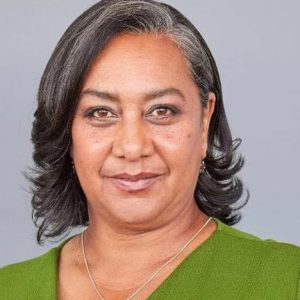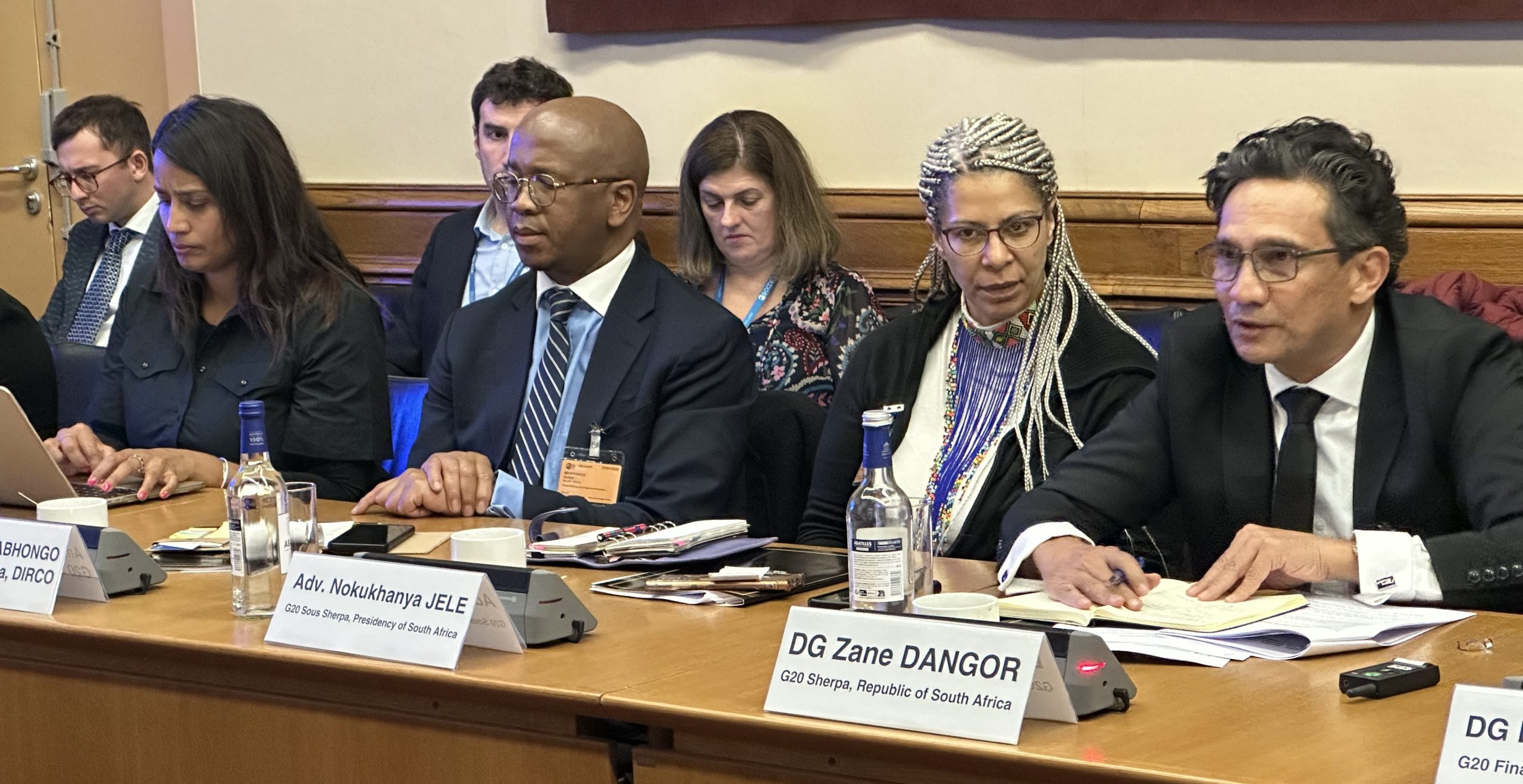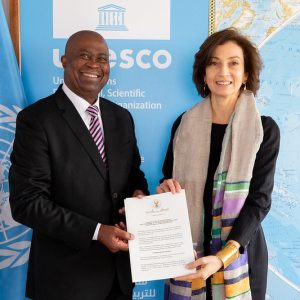
Professor of analytical chemistry at the University of the Western Cape (UWC), Priscilla Baker, is among five winners of this year’s L’Oréal–UNESCO For Women in Science International Awards.
These researchers have been recognised for their contributions to physical sciences, mathematics and computer science at the UNESCO headquarters in Paris, on June 12.
Professor Baker was honoured for her contribution in the field of electrochemical microsensors for detecting contaminants in the environment, with applications in pharmaceuticals, food, health and energy.
According to a statement, her dedication as a mentor in analytical electrochemistry has empowered students and early-career scientists to undertake innovative research projects in this field.
She was named as the winner, also referred to as the laureate, for Africa and the Arab states.
Growing up in Bellville South, Baker said she sometimes went to her old high school to motivate learners.
She graduated with a BSc in Physical Oceanography from the University of Cape Town in 1990. “The practical component of oceanography required long periods at sea, but the boats were not equipped for women, and the crew were not ready to accept a person of colour as a professional,” she said.
She then shifted to analytical chemistry, excelling under the mentorship of Professor Andrew Crouch and later earned her PhD in Chemistry from Stellenbosch University.
Professor Baker is also the co-director of the SensorLab research group at UWC with Prof Emmanuel Iwuoha.
27 YEARS OF EMPOWERING WOMEN IN SCIENCE
Today, women still only account for just over one in three researchers globally (31.1%) according to UNESCO data.
That is why the Fondation L’Oréal and UNESCO have been working together for 27 years through the For Women in Science Programme to empower and promote women in science. By supporting them to overcome barriers and advance their careers, this long-lasting partnership enables women scientists to contribute to pushing the frontiers of knowledge and solving the major challenges of our time – for the benefit of all.
Since its creation, the L’Oréal–UNESCO For Women in Science Programme has celebrated and supported more than 4700 women for the excellence of their research, including 137 laureates of the International Awards and more than 4500 young female researchers. Among the Laureates, seven have received a Nobel Prize in science.



